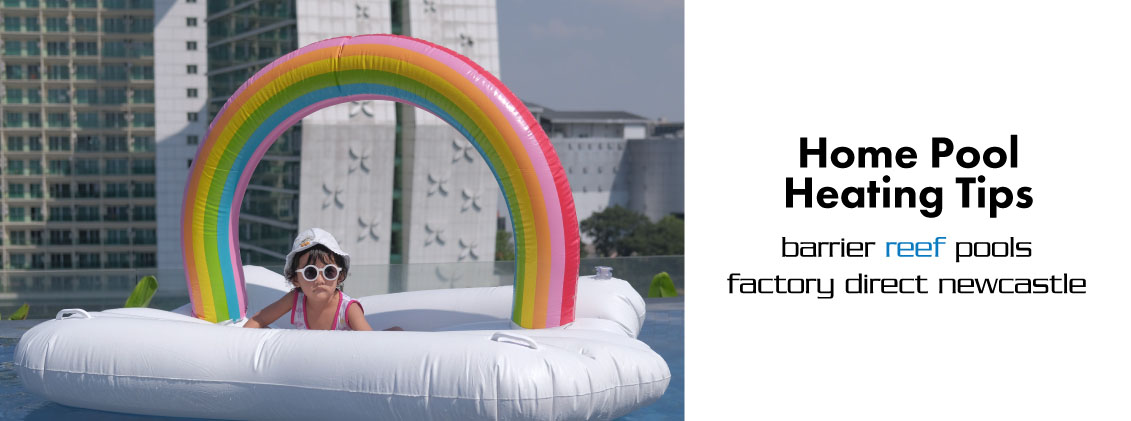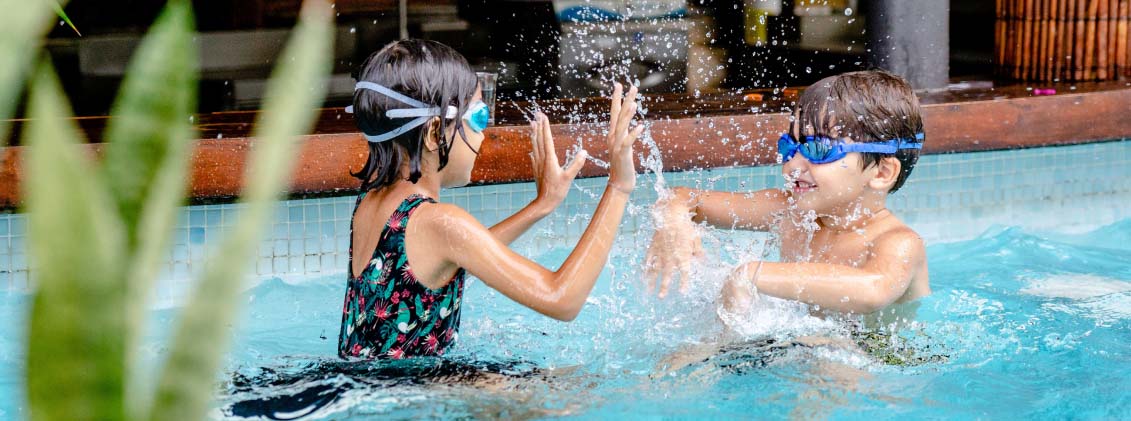Home Pool Heating Tips
Most people love taking a plunge into their swimming pool during the long and hot summer months to cool down. But swimming in the winter is a bit terrifying for many due to the cold waters. If you are someone who likes swimming year-round in a comfortable swimming pool, then you will require an efficient heating system for your swimming pool.

Tips to heat the swimming pool
There are numerous ways in which you can heat your pool and make it warm and comfortable. Some factors influencing the kind of heating you need for your swimming pool include:
The size of the swimming pool
The heating system you choose for your pool should depend on the size of the swimming pool and the amount of water in it. If you have a small pool or a spa, then a gas heating system might be best suited for you. But this method is not good for homeowners with large pools, where the electric system is better. The solar heating system is suitable for large and small swimming pools. Larger pools will also have more water in them, which should also be considered when choosing a heating system.
Climate and pool placement
If your region receives a good amount of sunlight, you need not worry about pool heating during the summer months. Pool placement is also important to achieve efficient heating. Place your pool in such a way that it receives maximum sunlight during the summer months. Also, remove obstructions like large branches that might prevent sunlight from reaching the pool water. This will also allow you to catch even a little bit of sunlight available in the off months and reduce the heating bills.
Whether your pool has insulation or not
Pool insulation is an important aspect that affects the heat retention of your swimming pool. A good insulation cover will enable your pool to retain most of the heat it gains from natural sources like sunlight. This will make your pool heating efficient and reduce your heating bills considerably. Swimming pool covers are a good way to ensure reduced heat loss. Numerous insulation covers are available depending on the type, size, and shape of your swimming pool, like vinyl covers and solar covers. Solar rings made using UV-resistant vinyl are good for irregularly shaped swimming pools. You can also use liquid pool covers for an aesthetic look and safe swimming. These pool covers contain a fatty, non-toxic alcohol-like substance that forms a layer above the pool water that retains the heat.

Heating systems for the pool
After all these considerations, you can choose an appropriate heating system from traditional or solar heaters. Some heating systems you can use for your swimming pool include:
Electric pool heaters
These heaters generate heat by using an electric current. They are mainly used in therapy pools and heat spas and are rarely used in home swimming pools. Here, heat is generated in a metal resistor when a current passes through it. The pool water is allowed to pass over the resistor assembly, and the warm water is then pumped into the pool. The cost of electric heaters is very low, but the cost of operation is higher owing to the large amounts of electricity consumed. The cost of installation is also high. Since they are not dependent on the ambient temperature, you can use these heaters year-round. They do not cause air pollution, making them environmentally friendly. They are also space-saving.
Gas heaters
Due to the low gas prices, this used to be a popular method of swimming pool heating. But with the increase in gas prices, this method has become unaffordable for many people. Gas heaters are efficient and effective during cold winters. These heaters use liquid propane or natural gas. The gas is burned in the combustion chamber of the heater to generate heat. The water is pumped from the pool into a filter and, from there, taken to the heating chamber. The water absorbs the heat generated by the combustion chamber, and the warm water is taken back to the swimming pool.
This is the easiest method for quickly heating a swimming pool. Gas heaters are relatively inexpensive, but they have a higher cost of operation owing to the high gas prices. Since they are not dependent on the ambient temperature, you can use these heaters irrespective of the climate. Gas heaters are one of the most inefficient methods of pool heating. They also have a short lifespan of about five years and must be replaced frequently. They cause large amounts of pollution and are not eco-friendly.
Solar heaters
Heating your swimming pool using solar energy is an environmentally friendly and energy-efficient method. Solar heaters have a good lifespan of about 25 or 30 years. Since they mostly operate along with the circulation pump of the swimming pool, no extra operating costs are incurred by the pool owners. Solar heaters are heavily dependent on the sun’s energy and cannot be used when there is no sunlight. They also have slower heating when compared to other types of heating systems.
Check out the many benefits of installing your fibreglass pool in winter!
There are numerous methods by which solar energy can be used to keep your swimming pool warm and comfortable. Some of them include:
Solar panels: The pool water, after passing through a filter, is allowed through a solar collector where it warms up. This warm water is then pumped back into the pool.
Dome-shaped collectors: In this, the pipes through which the water flows are twisted in the shape of a dome to save space. The water is allowed to pass through these domes where it absorbs heat.
Solar mats: These can be used to heat water in a small swimming pool. The pool water is allowed to pass through the solar mats that are heated using sunlight. These mats can be installed on a flat roof.

In Conclusion
Keeping your swimming pool warm is essential for an enjoyable and comfortable swimming experience. The most suitable heating system can be chosen depending upon the needs and budget of the pool owner. By following simple heat retention techniques, pool heating can be made efficient and cost-effective.

